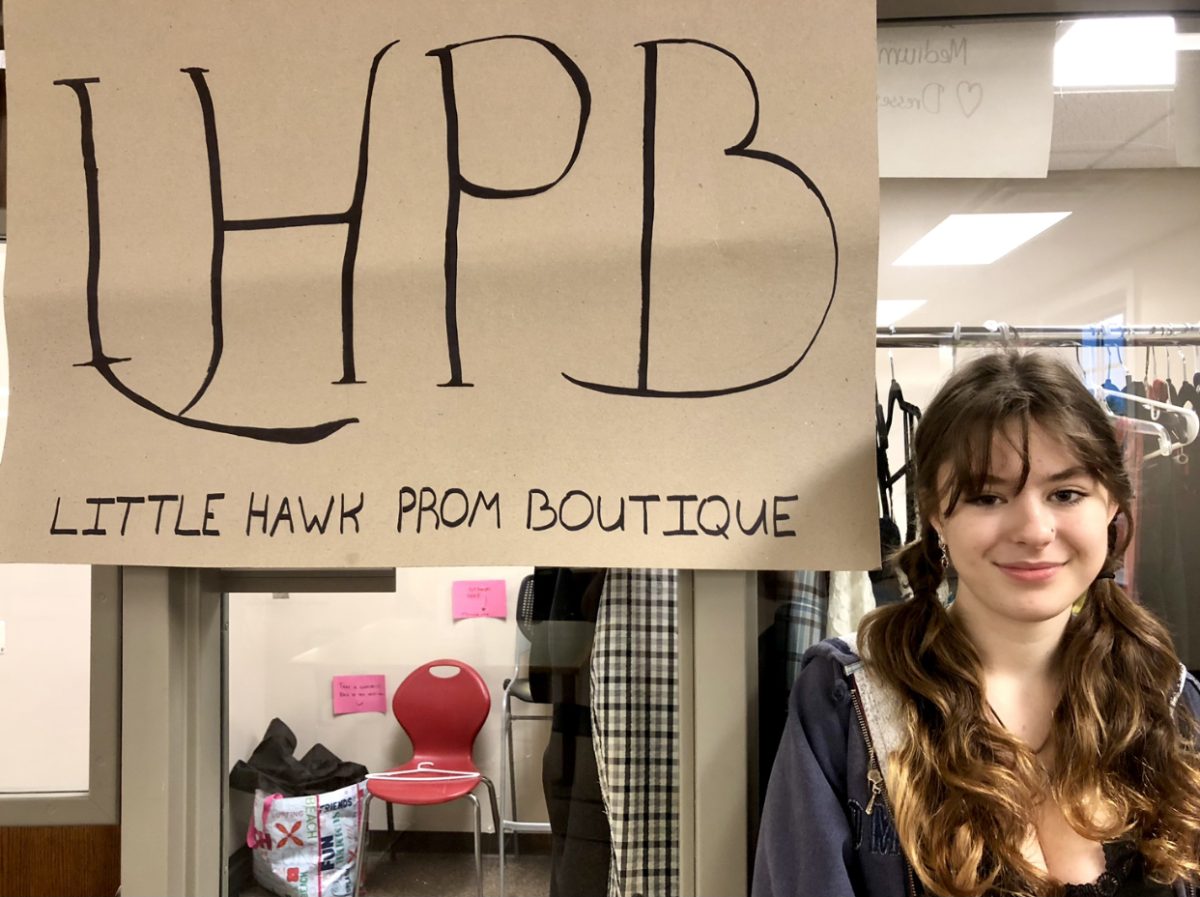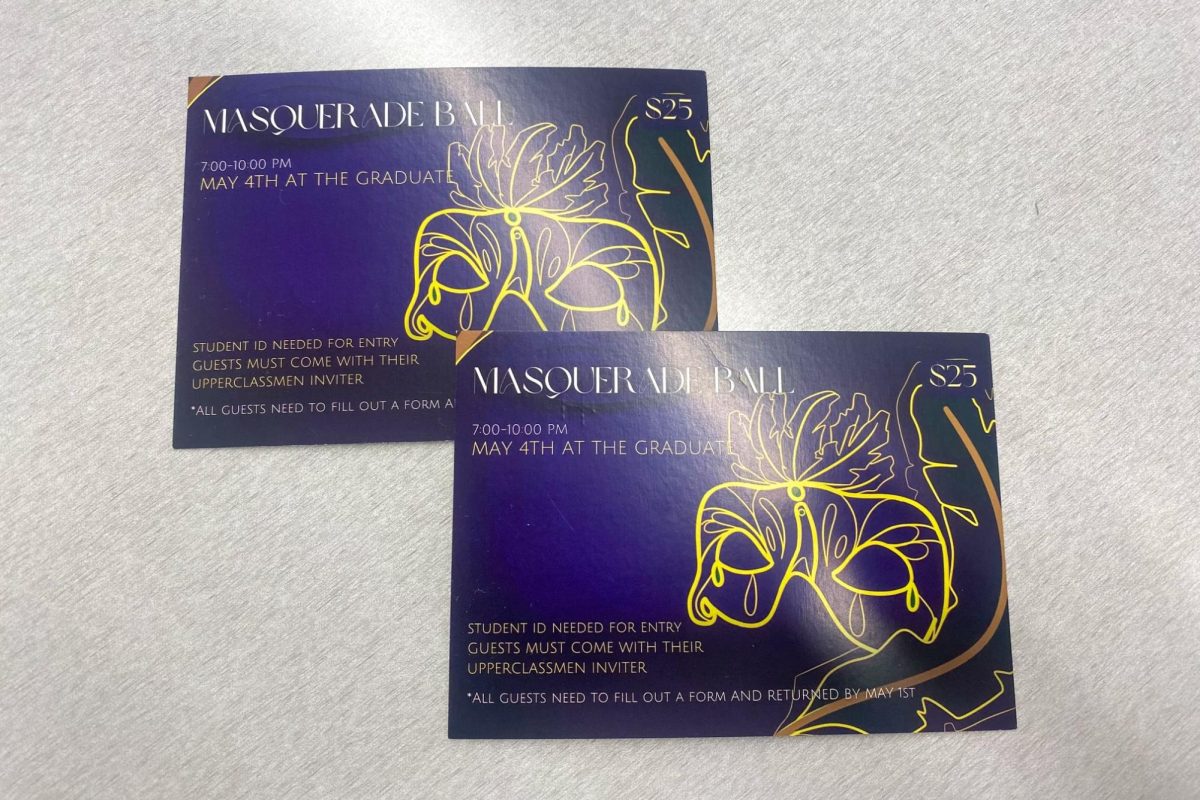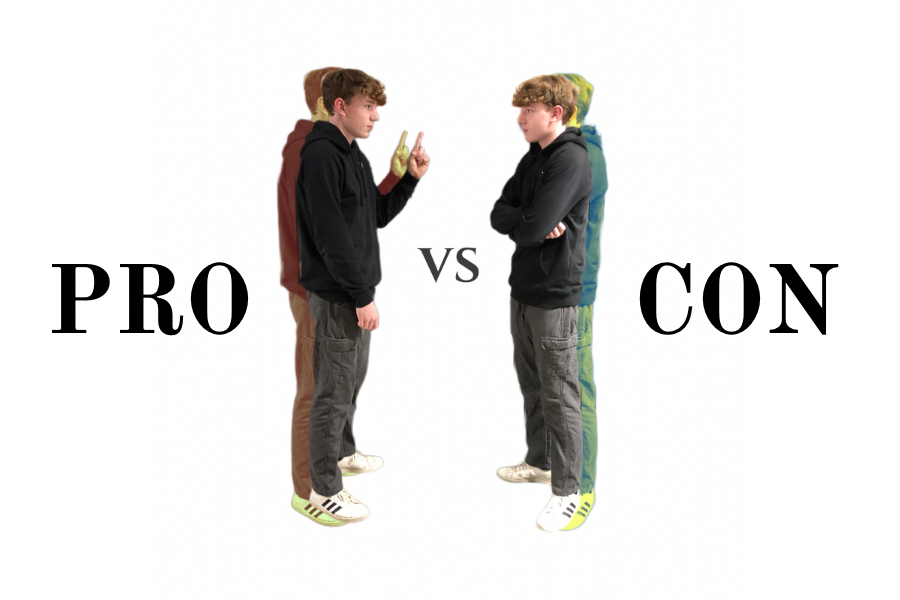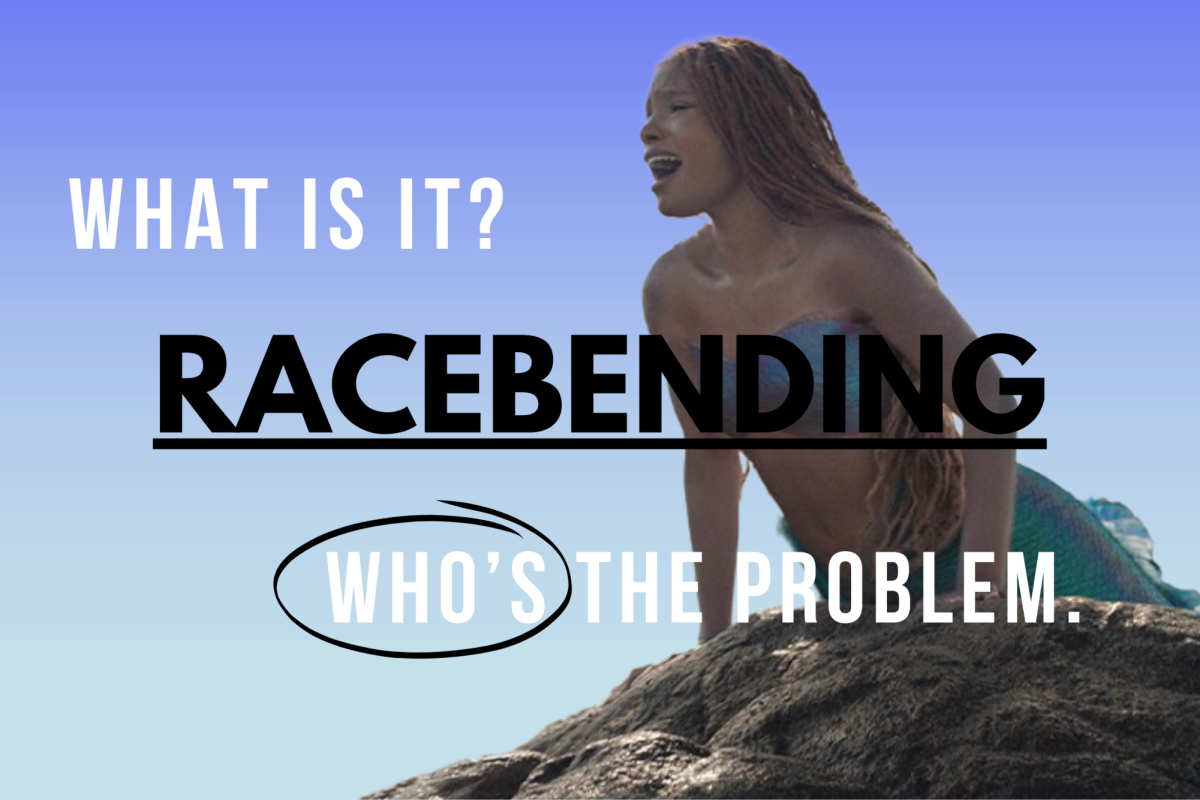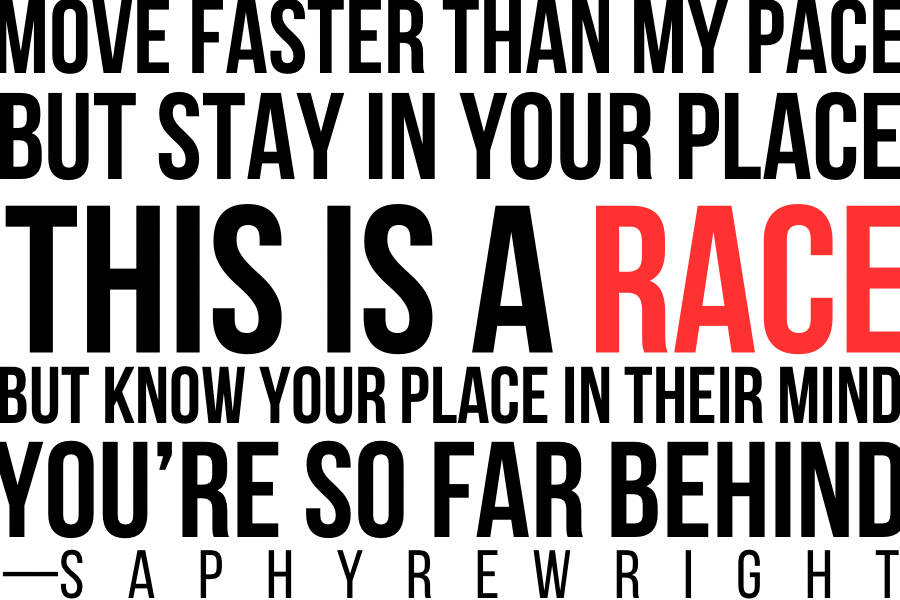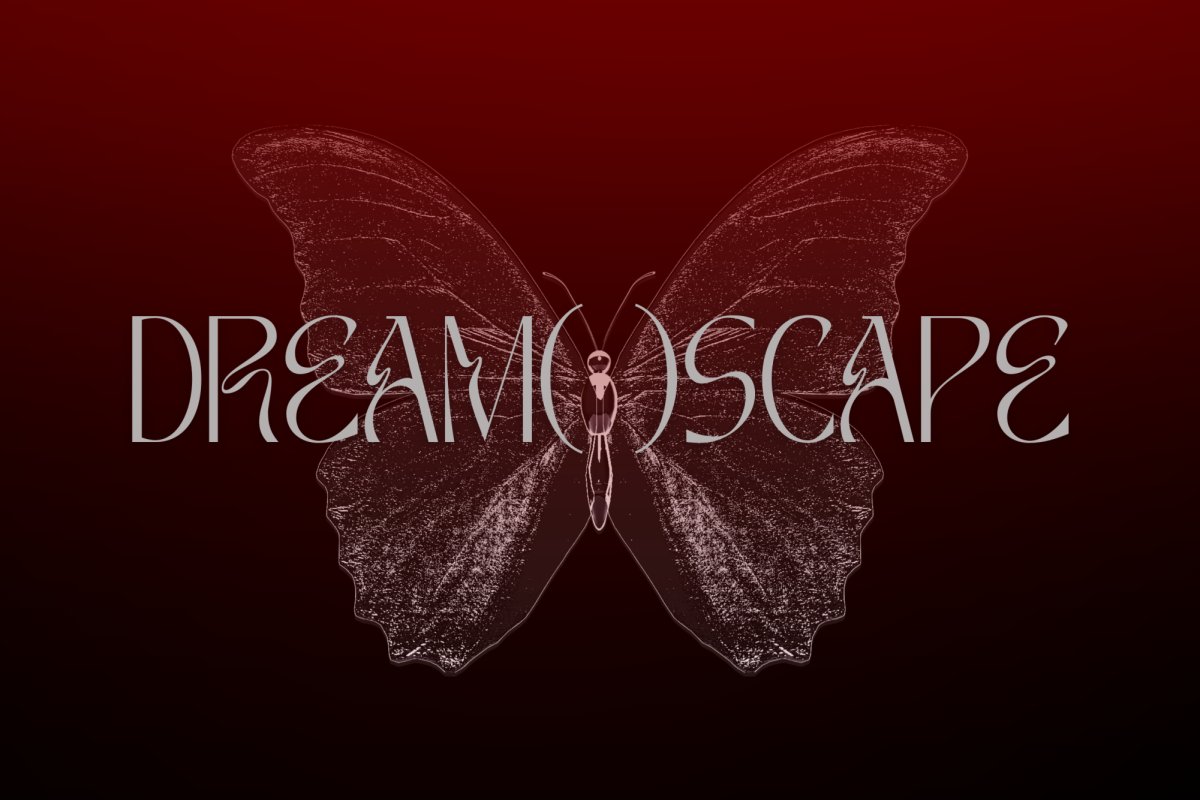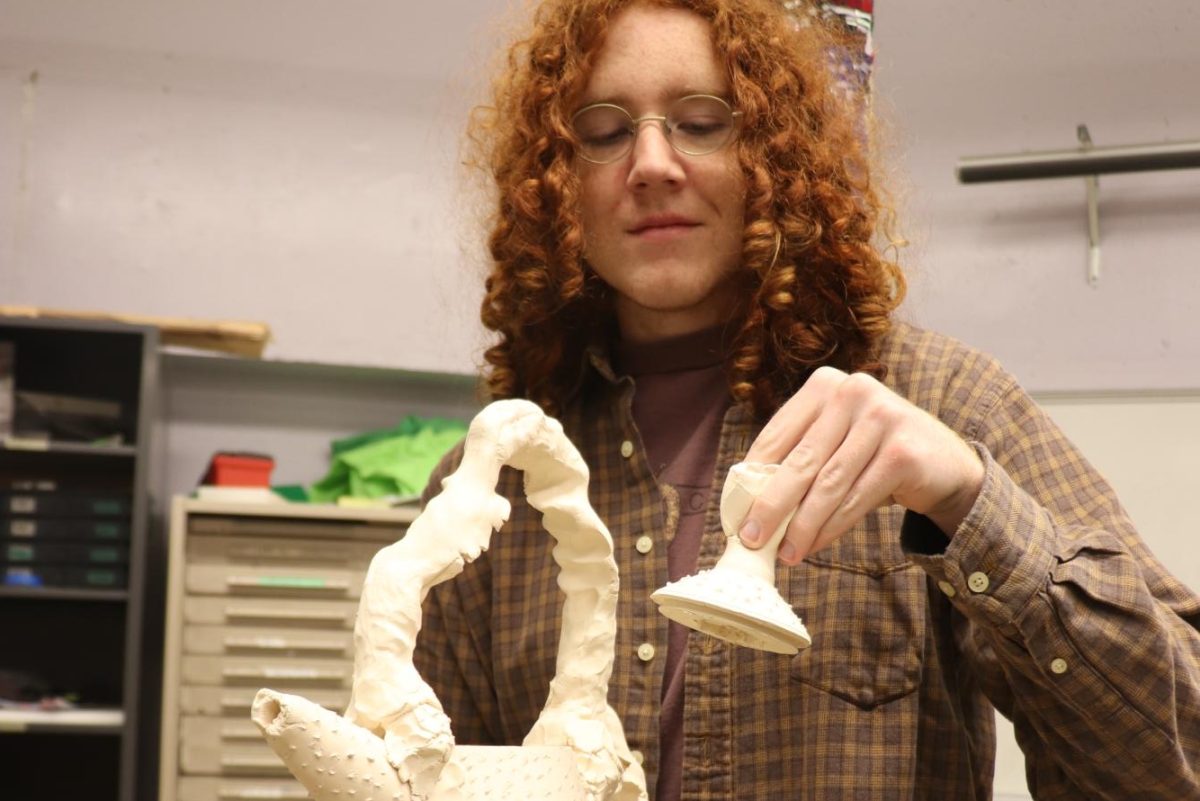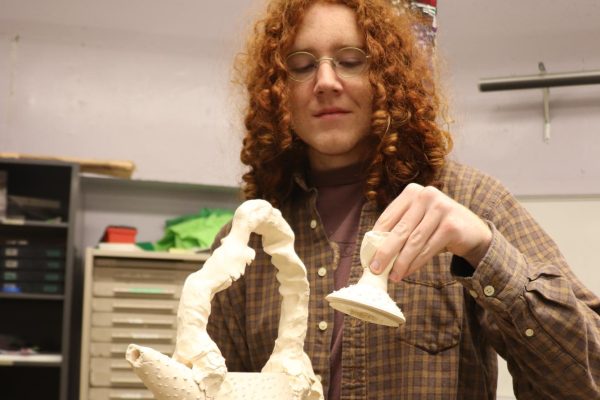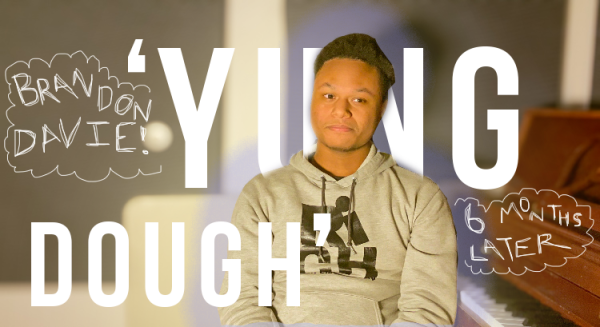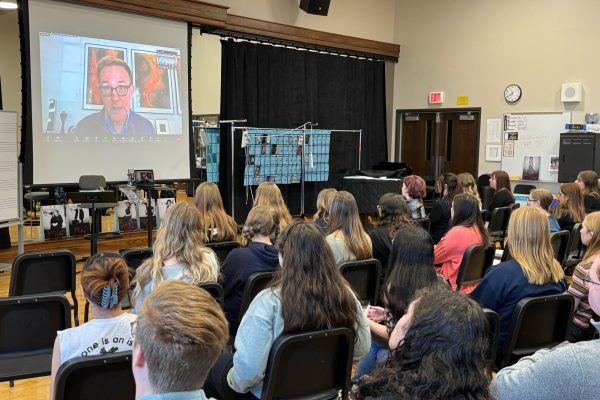“US” Movie Review
Caution: this story contains spoilers. Read at your own discretion.
Bloody scissors on top of chain of people holding hands.
May 8, 2019
Jordan Peele’s new movie US is not just an entertaining high paced thriller. The movie is also a critique of society that calls attention to the unfairness and the resentment that builds up when the wealthy and privileged pretend that the people who are exploited to make the rich richer do not exist.
US follows an upper-middle-class black family who go on vacation in California in the mother’s childhood vacation spot. A well-off and educated mom and dad with two kids, they are the picture of a happy, all American family. After a day at the beach with family friends, the Tylers, the Wilsons are settling in to go to sleep when they see the silhouette of a family holding hands at the end of their driveway. The father, Gabe, goes out to investigate and comes to the chilling realization that he is seeing a twisted version of their own family, four doppelgangers dressed in red jumpsuits and each armed with a pair of scissors. As the movie progresses it follows a classic get-out-of-the-house trope. An entire community of red jumpsuit-wearing doppelgangers have emerged from underground to get revenge on their privileged look-alikes, a movement they call “the untethering.”
The idea of “being tethered” is set up in the opening scene of the movie which seems almost designed to confuse the majority of its viewers. In a flashback to 1986, the camera zooms in on an old TV playing a commercial for an organization called Hands Across America. This was a benefit campaign sponsored by USA for Africa to raise money for the hungry and homeless. People were encouraged to donate money and then on May 25, 1986, they could join with other people from across the United States to hold hands and form a human chain across America for 15 minutes. Hands Across America was predicted to raise somewhere between 50 and 100 million dollars but after covering their costs only $15 million was donated to charity. The commercial in the opening scene of US ends with a string of red paper dolls across the screen while a cheery announcer exclaims that the whole of America will be “tethered” together.
No character ever mentions Hands Across America, but this long-forgotten charity makes many appearances in US. In Jordan Peele’s eyes this ultimately underwhelming attempt at helping the poor morphs into a symbol for something much more sinister. He sees it as an elitist movement with an if-we-all-hold-hands-everything-will-be-okay mentality which does nothing to tackle the systems that are designed to oppress people and produce inequality. This was very much in line with the Ronald Reagan era. Reagan was a conservative and cut back on government programs to help the poor and unemployed. Peele’s turns the string of red hand-holding paper dolls from the ad into evil characters in red jumpsuits who are trying to get revenge on their privileged look-alikes, poking fun at the age-old fear of the rich that the simmering resentment of the poor will erupt into rising up against them. During the final scene of the movie, the camera zooms out to an ominous image of thousands of doppelgangers holding hands across a mountainside, a replica of the images from Hands Across America, ready to descend and wreak havoc on the town below.



